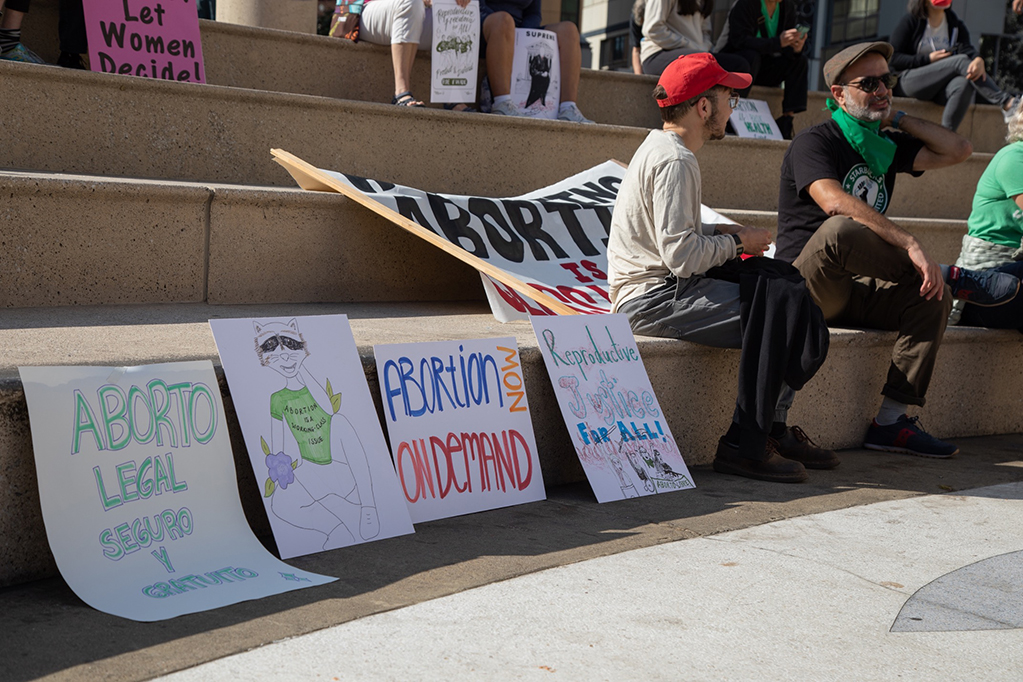Californians voted to establish a constitutional right to abortion, marking the latest change in state policy following the U.S. Supreme Court’s decision in June to overturn Roe v. Wade. The ballot measure, known as Proposition 1, passed by nearly a 2 to 1 margin, an anticipated result in the Democrat-controlled state known for its liberal policies.
The amendment establishes enduring protections against state-level efforts to limit access to abortion or contraception—although a federal ban, like the one proposed by U.S. Senator Lindsay Graham, would override state law.
In the immediate future, however, the implementation of Proposition 1 may prompt legal challenges within the state, with anti-abortion advocates potentially forcing California’s courts to determine exactly how the amendment fits into the state’s preexisting laws, legal experts said.
“Constitutional amendments are often written at a very high level, and then courts fill in the blanks about what that means,” said Mary Ziegler, professor at UC Davis School of Law.

